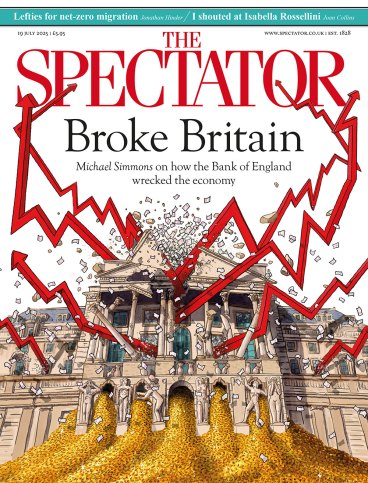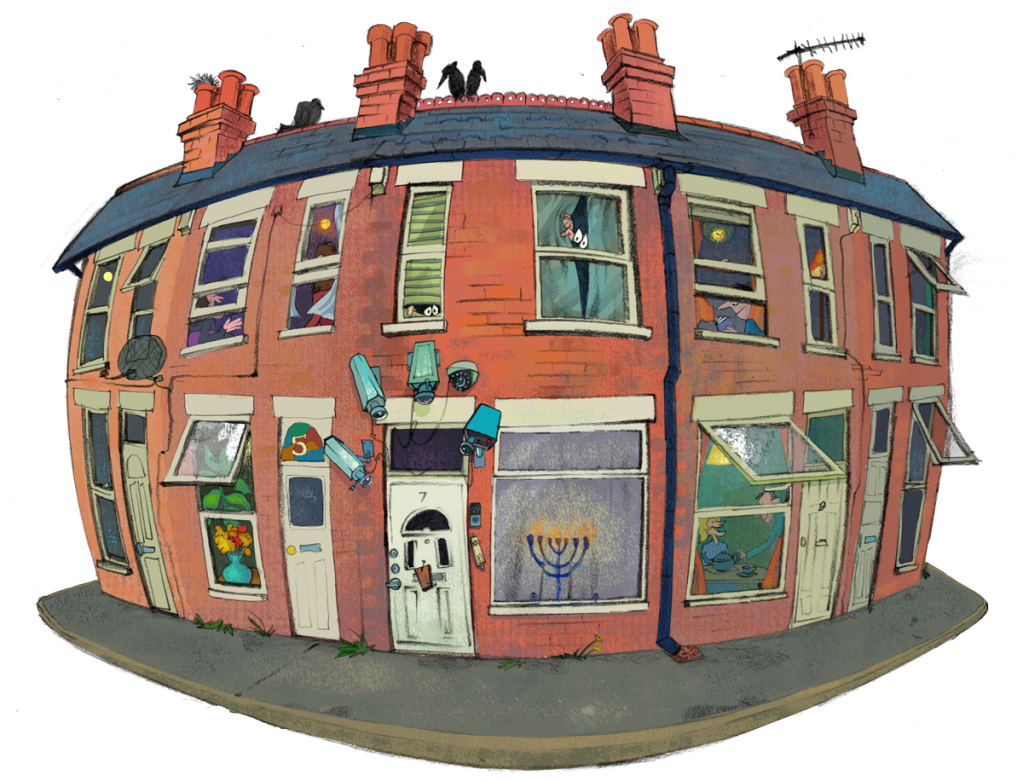
Old Kiln is a novel spoken by the muse of memory but carved into shape by the fear of forgetting. Jia Pingwa (b.1952) wrote the first draft in 2009 after visiting his home village. Remembering a prolonged bloody conflict that tore the village apart during the Cultural Revolution, he was disturbed to find all traces of it gone – and the younger generation knowing nothing about either the violence or the Cultural Revolution itself. Old Kiln also confronts a similar amnesia afflicting the entire country. The fictionalised village is China writ small – its kiln that fires porcelain providing the book’s title.
Jia is superb at marshalling large-scale scenes of chaos and balancing them with quieter interiors. The novel revolves around two characters: the impish orphan boy Inkcap and his grandmother Gran, doddering yet gifted at paper-cutting and all sorts of folk traditions. Although both are considered ‘bad elements’ in Mao’s class categories, Gran’s skills make her indispensable, while Inkcap cheerfully runs errands for everyone. This little flunky is a child savant, able to commune with animals and smell the scent of looming death or disaster. Unlike conventional protagonists, however, the duo are mostly tangential to major events, as the novel shifts its focus to other characters.
Spring returns at the end of the book and the Cultural Revolution rages on. Leaders on both sides are publicly executed, among them Bash, the handsomest man in the village. His illegitimate child is born; Inkcap survives; and Gran, now completely deaf, remains the old wise woman. When Inkcap’s New Year’s lantern burns out, she tells him: ‘If you have a lantern, you can light the road ahead, but you can still go walking without one.’ Inkcap wants to go to school, thinking that with an education he might indeed go walking one day without a lantern. Jia is Inkcap, who has seen too much but has understood little; he’s also Gran, ‘who used her eyes to take in the world, looking at all kinds of people and pigs and cows and dogs’.
With a schoolteacher father persecuted during the Cultural Revolution, Jia has known political injustice firsthand and allows the details to tell the story: smouldering anger over poverty and corruption, ignited by Mao’s radicalised anti-establishment politics, bursts into flames of self-destructive violence. Hatred is unleashed and base instincts are stirred, setting neighbour against neighbour and fracturing the community. ‘Revolution’ often serves as a flimsy pretext for revenge and an opportunity to exploit chaos for power.
Old Kiln is not an easy read. It refrains from appealing to emotional sympathy. Details build concrete scenes yet tend to defuse the drama. Still, the vivid imagery, spare prose and sinuous structure are rewarding, and its publication is a small miracle. It’s hard to imagine that such a novel could be written, let alone published, in China today. Once an open wound that every writer wanted to tear at (giving rise to the genre of ‘scar literature’ in the early post-Mao era), the Cultural Revolution is a taboo subject under Xi Jinping. Thanks to the efforts of three highly capable translators, Old Kiln now has the chance of a new lease of life.








Comments